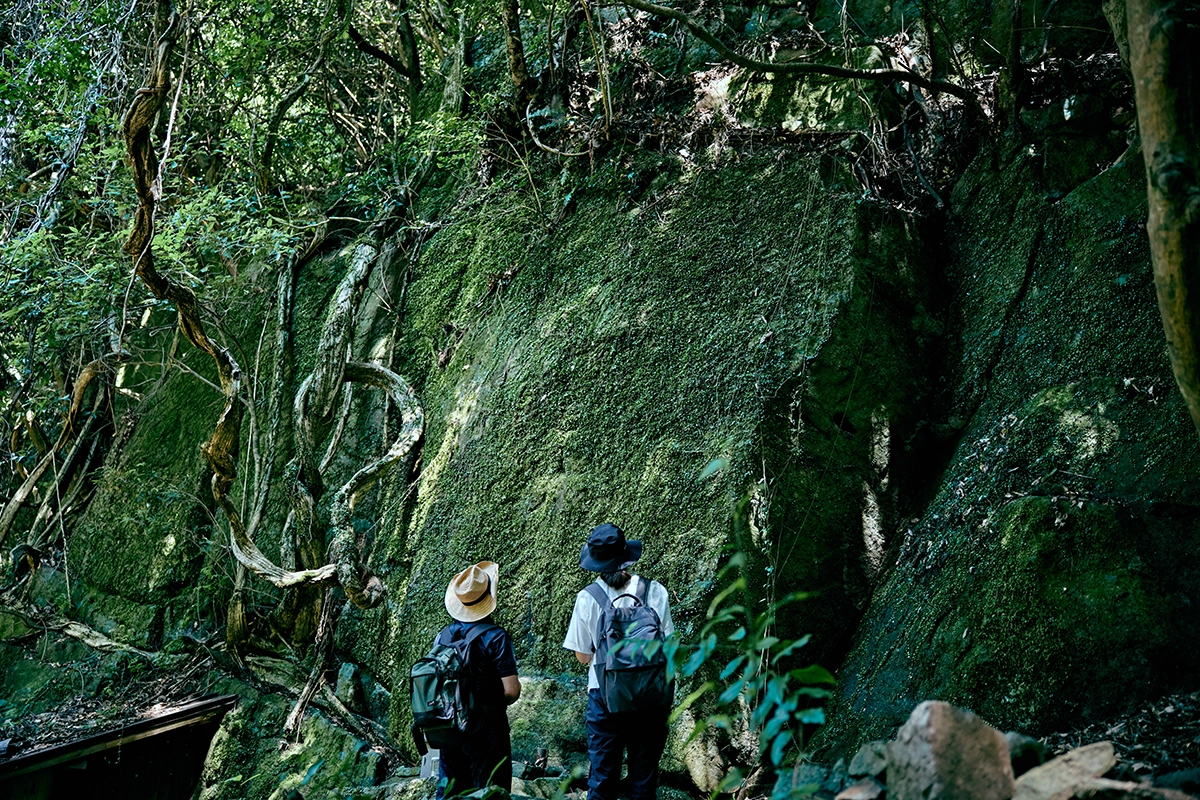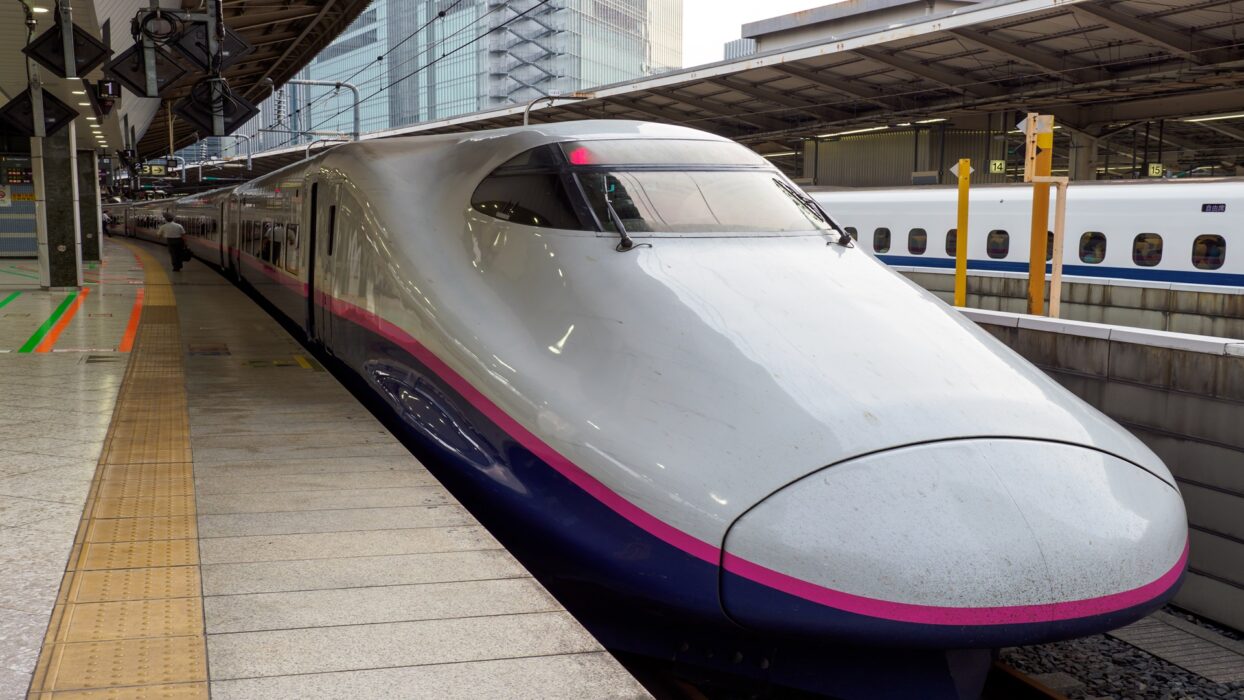Introduction
Welcome to Asakusa, one of Tokyo’s most enchanting districts that beautifully marries the essence of traditional Japan with the excitement of modern life. Known for its rich cultural heritage, Asakusa is a treasure trove of historical landmarks, mouthwatering street food, and lively festivals that capture the spirit of the city. Here, you can stroll through ancient temples and shrines, savor delicious local snacks from vibrant street stalls, and immerse yourself in the colorful celebrations that occur throughout the year.
The allure of Asakusa lies in its ability to transport you to a time long past while still offering the conveniences and attractions of a contemporary urban environment. Whether you’re a history buff, a foodie, or simply looking to soak in the sights and sounds of Tokyo, Asakusa promises an unforgettable experience that showcases the best of both worlds.
Unforgettable Asakusa Attractions: A Blend of History and Modernity
Asakusa is home to an array of attractions that reflect its rich history and cultural significance. From iconic temples to breathtaking viewpoints, there’s something for everyone to enjoy.
Sensoji Temple
No visit to Asakusa is complete without a stop at Sensoji Temple, Tokyo’s oldest temple, dating back to 628 AD. This magnificent Buddhist temple is not just a spiritual site but also a stunning piece of architecture that draws visitors from around the globe. As you walk through the grand Kaminarimon Gate, adorned with a massive red lantern, you’ll feel the weight of history surrounding you. The temple grounds are filled with serene gardens and traditional structures, making it a perfect spot for reflection and photography.
Tokyo Skytree Viewpoint
For those seeking a modern twist, the Tokyo Skytree offers breathtaking panoramic views of the city. Standing at 634 meters, it’s the tallest structure in Japan and provides a spectacular vantage point to see the sprawling metropolis below. Head to the observation decks for a truly unforgettable experience, especially during sunset when the city lights begin to twinkle. Be sure to capture the moment; it’s one of the best spots for a stunning photo op!
Nakamise Shopping Street
After soaking in the sights, make your way to Nakamise Shopping Street, a bustling lane lined with shops selling traditional snacks and souvenirs. Here, you can sample local delicacies like ningyo-yaki (small cakes filled with red bean paste) and senbei (rice crackers), or pick up unique handicrafts to take home. The vibrant atmosphere, combined with the aroma of freshly prepared treats, makes Nakamise a must-visit for any traveler looking to indulge in Asakusa’s culinary delights.
While these attractions are certainly the highlights, Asakusa also boasts lesser-known gems worth exploring. Take a moment to visit the Asakusa Shrine, a peaceful sanctuary dedicated to the deities of Sensoji Temple, or discover unique art galleries that showcase local talent. Each corner of Asakusa tells a story, inviting you to uncover its hidden treasures.
Culinary Delights: An Asakusa Food Tour to Savor
Asakusa is a food lover’s paradise, where every street corner tempts you with mouthwatering flavors and aromas. The culinary landscape here is as diverse as it is delicious, offering everything from traditional Japanese dishes to innovative street food creations.
Street Food Heaven
As you wander through the bustling streets of Asakusa, be sure to sample the incredible street food. From yakitori (grilled skewered chicken) to kakigori (shaved ice dessert), there’s no shortage of tasty options. Don’t miss out on the popular melon bread, a sweet treat that’s crispy on the outside and soft on the inside. Each bite is a delightful experience, making it easy to see why Asakusa is known as a street food heaven.
Local Cuisine Exploration
For those looking to delve deeper into Asakusa’s local cuisine, try visiting some of the area’s traditional restaurants. Dishes like tempura and udon can be found in charming eateries that have been serving customers for generations. The atmosphere in these establishments often reflects the rich history of the area, providing a dining experience that’s as memorable as the food itself.
Food Tours
If you want to truly savor the flavors of Asakusa, consider joining a guided food tour. These tours not only introduce you to the best local bites but also offer insights into the culinary traditions and stories behind each dish. You’ll get to meet local vendors, learn about their craft, and taste dishes you might not discover on your own. It’s a fantastic way to immerse yourself in the food culture of Asakusa!
With so many culinary delights waiting to be discovered, Asakusa is a destination that promises to satisfy your taste buds. Whether you’re snacking on the go or enjoying a sit-down meal, the flavors of Asakusa will leave you craving more.
Festivals and Events: Celebrating Culture in Asakusa
Asakusa is not just a feast for the eyes and taste buds; it’s also a lively hub of cultural celebrations that bring the community together and showcase Japan’s rich traditions. If you’re lucky enough to be in Asakusa during one of its vibrant festivals, you’re in for a treat!
Sanja Matsuri
One of the most famous festivals in Asakusa is the Sanja Matsuri, held annually in mid-May. This lively event celebrates the three founders of Sensoji Temple and features a parade of beautifully decorated mikoshi (portable shrines) carried through the streets by enthusiastic locals. The atmosphere is electric, with traditional music, dance performances, and a plethora of food stalls lining the route. It’s a fantastic opportunity to immerse yourself in local culture and witness the community spirit in action.
Seasonal Festivals
Throughout the year, Asakusa hosts a variety of seasonal festivals that reflect Japan’s changing seasons. In summer, the Asakusa Samba Carnival lights up the streets with vibrant costumes and lively samba music, while autumn brings the Asakusa Jinja Grand Festival, showcasing traditional Japanese arts and crafts. Winter is not to be missed either, as the New Year celebrations at Sensoji Temple attract thousands of visitors eager to pray for good fortune in the coming year. Each festival offers a unique glimpse into the heart of Asakusa’s culture, so check the events calendar to plan your visit accordingly!
Cultural Experiences: Embracing the Heart of Asakusa
Asakusa is a treasure trove of cultural experiences that allow you to connect with Japan’s rich heritage. From traditional crafts to immersive activities, there’s something for everyone looking to dive deeper into the local culture.
Kimono Experiences
What better way to experience Asakusa than by dressing up in a stunning kimono? Several rental shops in the area offer a variety of beautiful kimonos for you to wear while exploring the streets. Capture the moment with a photoshoot at iconic spots like Sensoji Temple or the picturesque Sumida River. It’s a fantastic way to feel like a part of the culture while creating lasting memories!
Traditional Crafts
If you’re interested in Japanese arts and crafts, Asakusa is home to several workshops where you can learn traditional skills. From origami to pottery, these hands-on experiences allow you to create your own unique souvenirs while learning about the history and significance behind each craft. You’ll leave not only with a beautiful creation but also with a deeper appreciation for Japanese culture.
Cultural Tours
For those who prefer a guided experience, consider joining a cultural tour that focuses on Asakusa’s historical significance. Knowledgeable guides will take you through the area, sharing fascinating stories about its past and present. Whether it’s a walking tour of the historic sites or a food tour that combines culinary delights with cultural insights, you’re sure to gain a richer understanding of this captivating district.
A Day in Asakusa: Your Fun-Filled Itinerary
Ready to make the most of your day in Asakusa? Here’s a suggested itinerary that will help you soak in the sights, sounds, and flavors of this incredible district!
Morning: Temples and Shopping
Start your day with a visit to Sensoji Temple. Arrive early to avoid the crowds and enjoy the serene atmosphere. Spend some time exploring the temple grounds and don’t forget to take a moment to appreciate the beautiful architecture. Afterward, stroll down Nakamise Shopping Street, where you can pick up some delicious snacks and unique souvenirs. The morning light is perfect for capturing stunning photos, so keep your camera handy!
Afternoon: River Cruise and Street Food
After your morning explorations, head to the Sumida River for a scenic cruise. This relaxing boat ride offers a different perspective of the city and is a great way to unwind. Once you’re back on land, it’s time to indulge in Asakusa’s famous street food! Try some yakitori or kakigori from local stalls, and don’t hesitate to sample a few different dishes. The street food scene here is a highlight of any visit!
Evening: Local Nightlife and Dining
As the sun sets, Asakusa transforms into a lively hub of activity. Explore the area’s nightlife by visiting local izakayas (Japanese pubs) or bars. Enjoy a traditional meal paired with sake or local craft beers. If you’re up for it, join in on the fun by trying your hand at karaoke! It’s a fantastic way to end your day filled with culture, food, and unforgettable experiences.
Fun Facts and Folklore: The Charm of Asakusa
Asakusa is steeped in history and folklore, making it a fascinating place to explore. Here are some fun facts that might surprise you!
Historical Context
Did you know that Asakusa was once a small fishing village? Its transformation into a bustling district began in the Edo period, and it became a popular entertainment area for the samurai class. Today, it retains its historical charm while embracing modernity, creating a unique blend that captivates visitors.
Folklore and Legends
As you wander through Asakusa, you might hear tales of local legends. One popular story involves the golden dragon that is said to reside in the Sumida River, bringing good fortune to those who pay their respects. Many locals still practice rituals to honor this mythical creature, believing it protects the area and its inhabitants. Keep an ear out for these enchanting stories as you explore!
Practical Information for Travelers: Tips and Insights
Before you set off on your adventure in Asakusa, here are some essential travel tips to make your visit smooth and enjoyable.
Opening Hours
Most attractions in Asakusa, including Sensoji Temple, are open year-round, with the temple grounds accessible 24/7. However, individual shops and restaurants may have varying hours, so it’s a good idea to check in advance, especially if you’re planning to visit specific eateries or stores.
Transportation
Getting to Asakusa is easy! The Tokyo Metro and Toei Subway lines both have stations that connect to Asakusa, making it convenient to explore other parts of the city. Once you’re in the area, many attractions are within walking distance, so you can enjoy the sights at a leisurely pace. For those who prefer a guided experience, consider joining a local tour that includes transportation.
Safety Guidelines
Asakusa is generally a safe area for tourists, but it’s always wise to stay aware of your surroundings. Keep your belongings secure, especially in crowded areas. If you’re out at night, stick to well-lit streets and avoid wandering into unfamiliar areas. Japan is known for its hospitality, so don’t hesitate to ask locals for assistance if you need help!
Shopping Guide: Where to Find Unique Souvenirs
Asakusa is a shopper’s delight, offering a range of unique souvenirs that reflect the area’s cultural heritage. Here are some top spots to check out!
Local Markets
Don’t miss the chance to browse the local markets, where you’ll find everything from handmade crafts to traditional snacks. The Nakamise Shopping Street is a must-visit for its assortment of souvenirs, including kokeshi dolls and furoshiki (traditional wrapping cloth). These markets not only provide a chance to pick up unique gifts but also allow you to interact with local vendors and learn more about their crafts.
Unique Shops
Asakusa is home to several specialty stores that offer items you won’t find anywhere else. Look for shops selling tenugui (Japanese hand towels), sensu (folding fans), and other traditional crafts. Each piece tells a story and makes for a memorable keepsake from your trip.
Seasonal Travel Insights: Best Times to Visit Asakusa
Every season brings its own charm to Asakusa, making it a year-round destination. Here’s a quick guide to the best times to visit!
Spring
Spring is a magical time to visit Asakusa, especially during cherry blossom season. The blooming sakura trees create a picturesque backdrop, and the atmosphere is filled with joy as locals and tourists alike gather to enjoy hanami (flower viewing) parties. Be sure to check out the Sumida Park for stunning views of cherry blossoms along the river!
Summer
Summer in Asakusa is vibrant and lively, with numerous festivals taking place. The warmth of the season makes it perfect for evening strolls and enjoying the local street food. Don’t miss the chance to experience the Asakusa Samba Carnival, a colorful celebration that brings the streets to life!
Autumn
As the leaves change color, Asakusa transforms into a stunning landscape of reds and golds. Autumn is a great time to visit for those who appreciate the beauty of nature. The Asakusa Jinja Grand Festival also takes place during this season, offering a unique glimpse into traditional Japanese culture.
Winter
Winter is a cozy time to explore Asakusa. The New Year celebrations at Sensoji Temple are a highlight, attracting thousands of visitors who come to pray for good fortune. The festive atmosphere, coupled with the chance to enjoy seasonal treats like oshiruko (sweet red bean soup), makes winter a delightful time to visit.
Commonly Asked Questions (FAQs) About Visiting Asakusa
Here are some common queries travelers have about Asakusa, along with helpful answers!
What are the must-see attractions?
Don’t miss Sensoji Temple, Tokyo Skytree, and Nakamise Shopping Street. These iconic spots capture the essence of Asakusa and provide a great starting point for your exploration.
Where can I find the best street food?
Nakamise Shopping Street is a fantastic place to sample local street food. Try the ningyo-yaki and melon bread for a delicious treat!
Are there family-friendly activities in Asakusa?
Absolutely! Families can enjoy the Sumida River cruise, visit the traditional craft workshops, and explore the parks in the area. There’s something for everyone to enjoy!
Asakusa is truly a gem in Tokyo, offering a delightful mix of culture, cuisine, and celebration. Whether you’re wandering through ancient temples, indulging in delicious street food, or participating in lively festivals, you’re bound to create unforgettable memories. So grab your camera, wear your walking shoes, and get ready to explore the enchanting streets of Asakusa!










